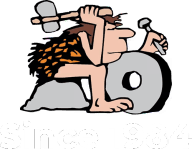In the world of invention, creativity might be spontaneous, but success never is. One of the most overlooked yet absolutely vital habits that any new inventor should adopt is keeping a detailed inventor log. This isn't just a notebook with random thoughts—it’s a chronological, legally useful document that can help you protect your invention idea, develop a prototype, and navigate the process of bringing an invention to market.
Document Your Invention Idea in real time demonstrates that the concept is uniquely yours. If there's ever a question of originality or ownership, your inventor log can become a powerful tool to prove that the invention stemmed from your mind first.
Think of it as your innovation diary, chronicling not only breakthroughs but also failures, sketches, emails, revisions, and moments of inspiration. Whether you're looking to protect your intellectual property or learn how to submit a product idea, this documentation can serve as your invention's backbone.


